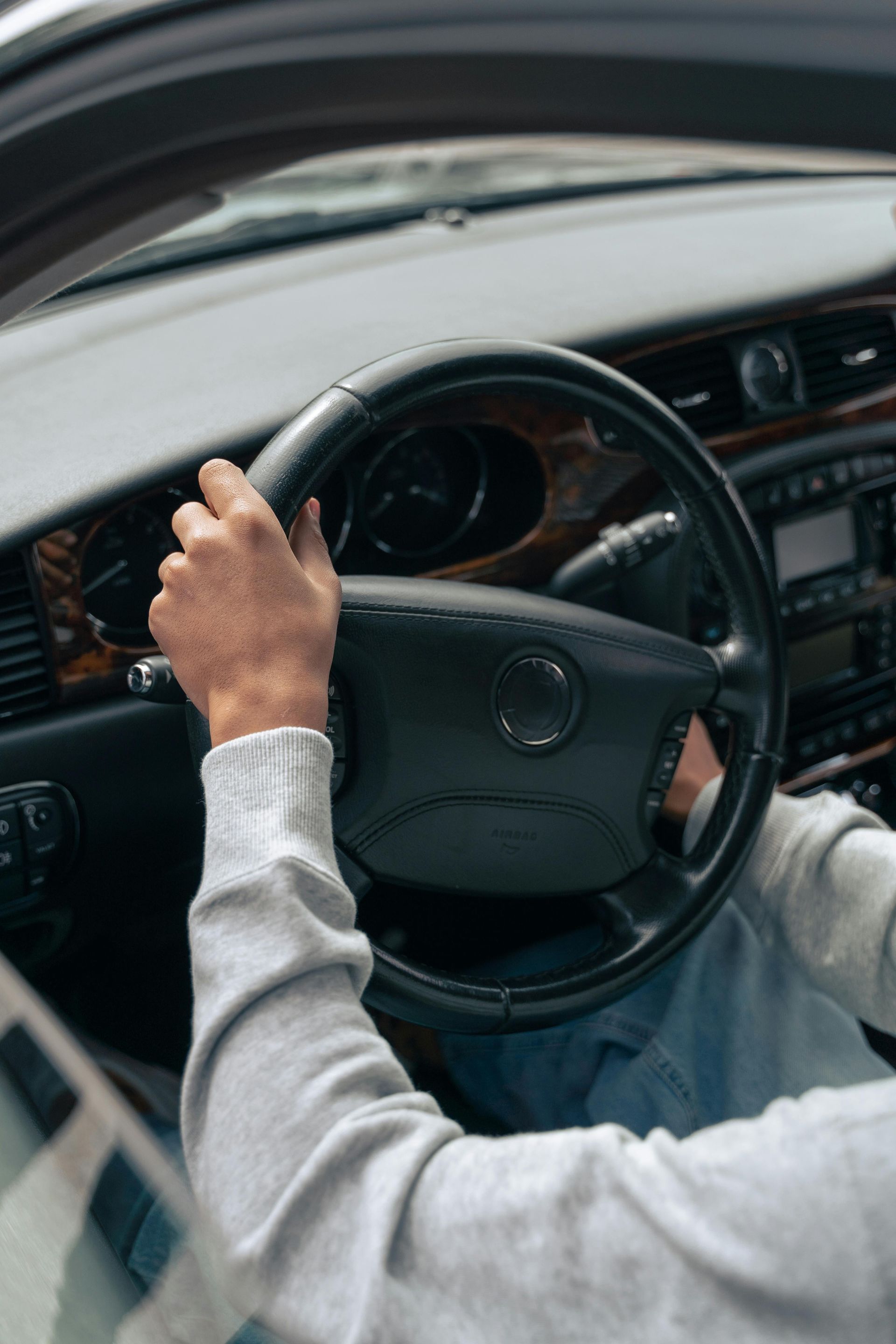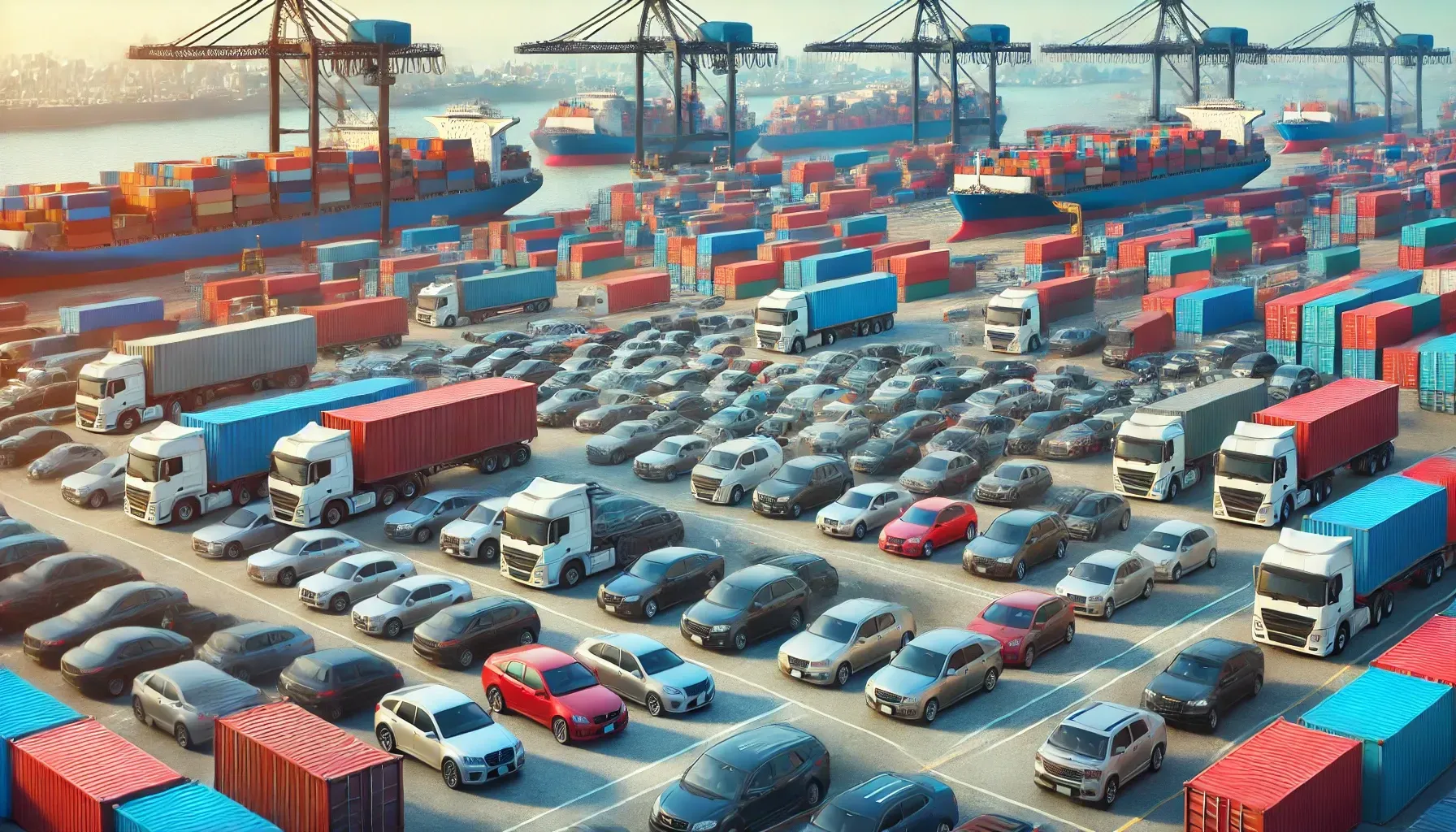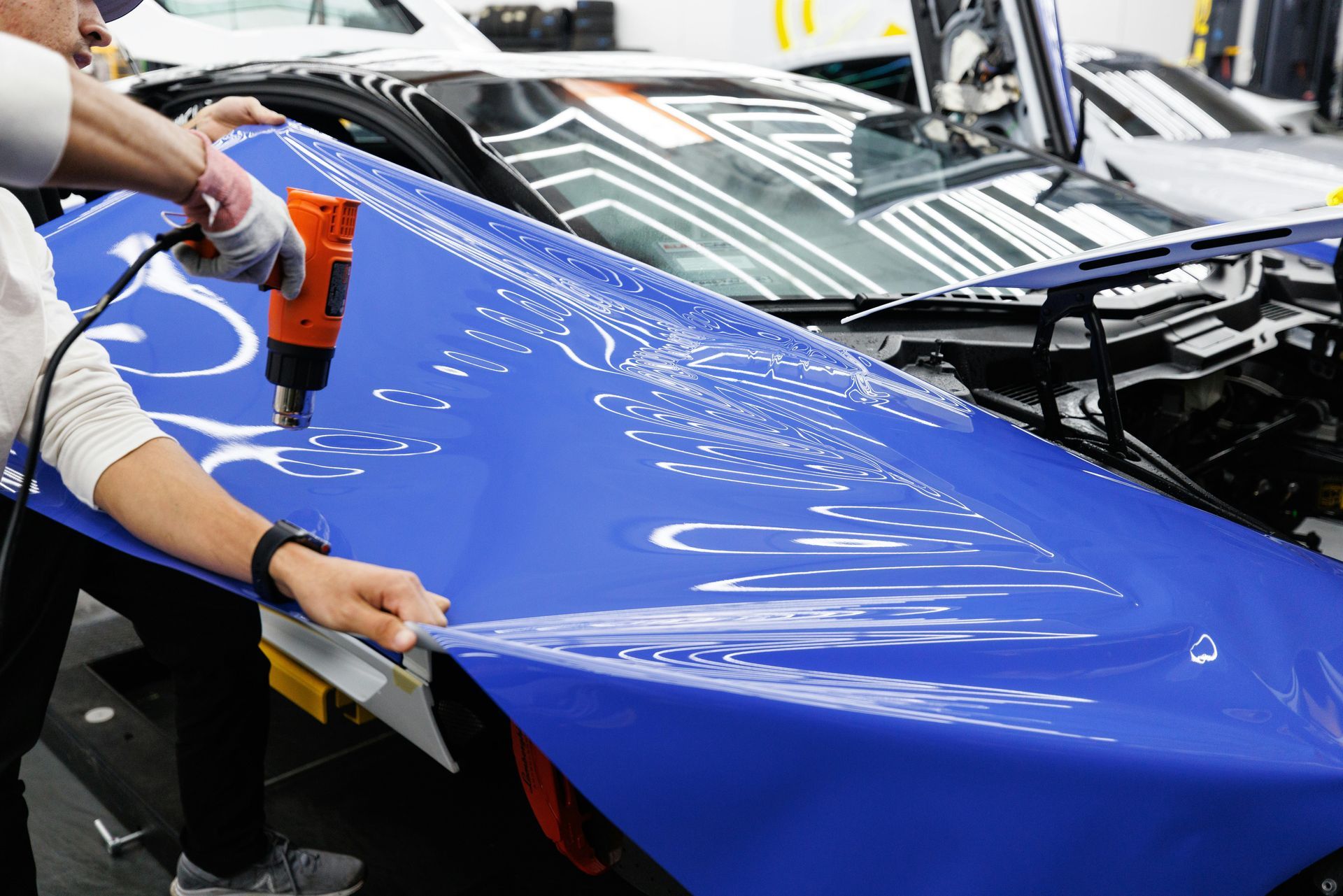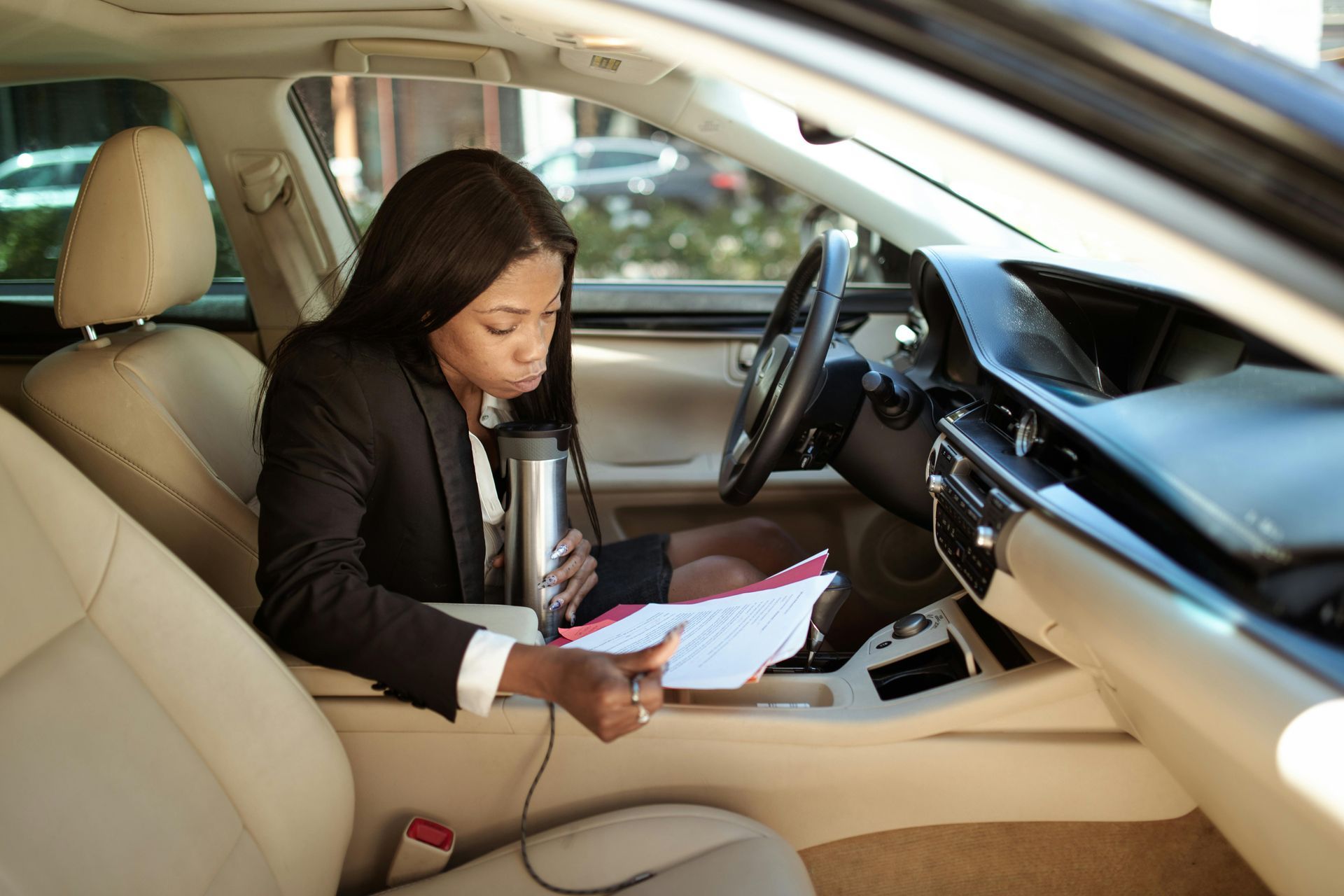Can a Car Cover Keep My Car Safe During Shipping?
August 22, 2023
The Truth About Car Covers During Shipping: Separating Fact from Fiction
Sadly, enclosed transportation is not inexpensive. It may cost twice as much as open transport, depending on the route of the shipment! In general, enclosed transportation costs between 40 and 50 percent more than open transit.
Given the cost, rare and exotic automobiles or vintage restored vehicles make up the majority of enclosed shippers.
Compared to enclosed transportation, are car covers an option?
What if you're a normal Joe who just bought a brand-new Honda Accord that comes with everything? Although shipping it enclosed would be ideal, you don't want to spend too much money on transportation. Which alternatives do you have?
Can you ship the car on an open trailer with a car cover? Unfortunately, no.
Car Covers Are a Liability to You (and the Driver) While in Transit
We are one of the car carriers that generally forbids the usage of car coverings while the vehicle is being transported.
The main cause of this is the lack of a dependable method for keeping a cover fastened on an automobile while it is being transported. No vehicle cover can stand up to the wind force that a truck creating as it speeds down the road!
If the wind doesn’t rip the cover off it will rip the cover itself. We had a customer not too long ago that had just purchased a Corvette when he hired us to ship it for him on an open trailer. He purchased a car cover for it and insisted we allow him to put it on during the transportation. After some back and forth with the driver, the driver was willing to allow it. The driver didn’t get ten miles down the road when the force of the wind split the cover right down the middle.
Our customer was lucky the cover didn’t scratch or damage the car when it was torn open.
Even if a car cover survives the trip, it will likely cause more damage to the car than any road debris or rare weather event might cause. No car cover will fit “tight” around a car. There will always be some slack in the cover that will inevitably flap in the wind and potentially scratch the surface of the car. And if zippers or grommets and tie-downs are involved, those too will flap against the car, scratching the car in the process.
Car covers during transportation are also a liability to the driver. If they fly off and go tumbling down the road, they can cause an accident. And if they do stay put in transit but cause damage to the car, who do you think is held responsible for the damage? The driver!
Drivers also don’t like the inconvenience of dealing with car covers. When they have to unload a car with a car cover on it, they have to take the time to carefully remove the cover so they don’t scratch the car. Then they have to carefully fold it and put it away and then if they have to reload the car again they need to take the time to carefully put the cover back on. You can imagine what a nightmare it would be to deal with a car that has a cover on it!
It’s for all these reasons most carriers will not allow car covers during transportation on an open trailer – and why you should never use one!
Placing Your Mind at Ease (Since Car Covers Are Not Acceptable)
Open transportation is a cost-effective and secure method of shipping an automobile. For the vast majority of automobiles transported throughout the nation today, it is the best choice. There is no justification for choosing an enclosed trailer unless you have a unique or exotic car or a vintage vehicle that has been restored.
No "riskier" than leaving your automobile outside or using the road is shipping it on an open trailer. Consider this: the longest conveyance you can do is a seven-day trip from coast to coast.
Did the car you buy sit on the car lot for seven days? Probably. Do you drive your car over seven days without losing sleep over it? Of course, you do!
Your car is as safe on an open trailer as it is parked outside or driven on the road. Also keep in mind that it’s the driver’s truck and trailer that takes the brunt of rocks and road debris, not the vehicles on the trailer he’s hauling.
The other thing to remember is that most damage is caused when the vehicle is loaded and unloaded, not when it’s in transit. Driver error when loading or unloading a car onto an open or enclosed trailer is usually when damage occurs.
Finally, have peace of mind that damage during auto transport is rare. For us, it’s less than 1%. That means if we do 100 transports, damage will occur on only one of those. When damage does occur, it’s usually minor, typically a scratch or ding that is easily repaired. We are fully insured to cover any damage and we don’t leave you hanging. We’ll stick with you until any damage is taken care of!














